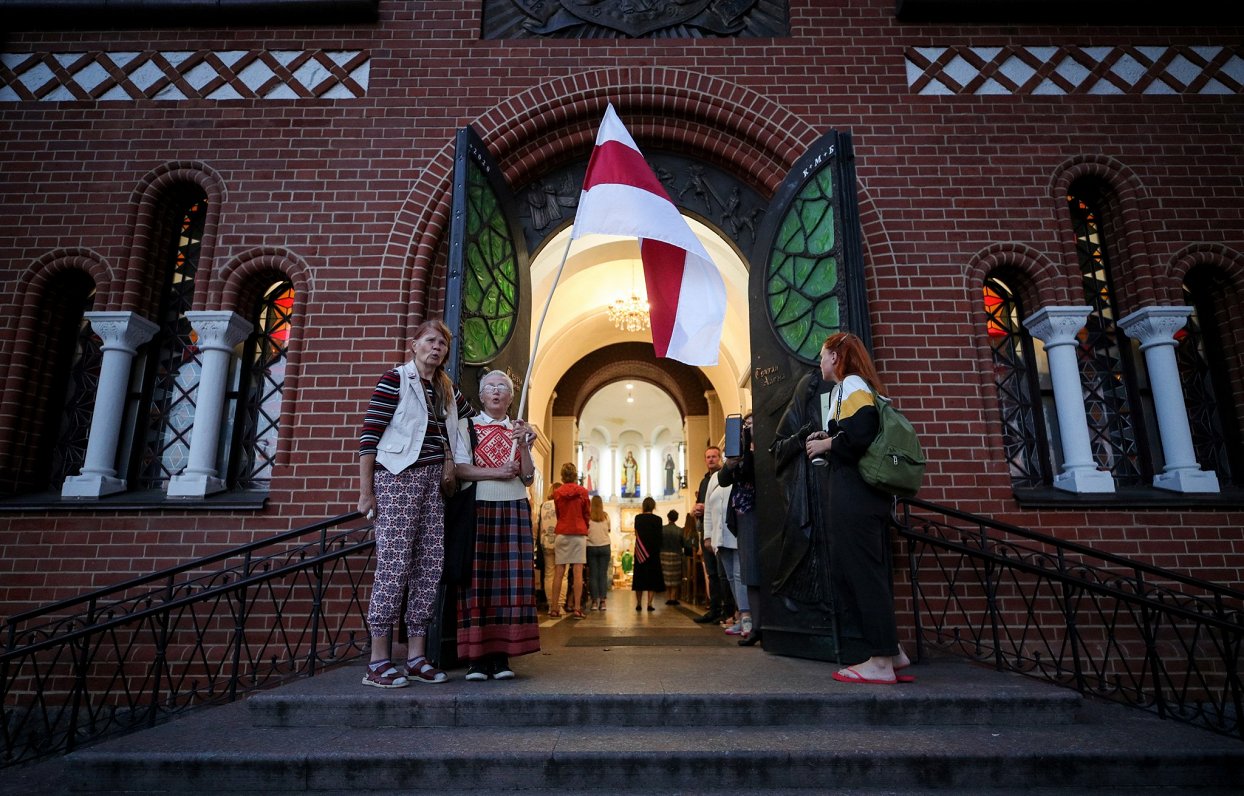A new study found that dengue survivors may have a certain level of immunity against the new Corona virus, and researchers from the American Duke University analyzed the outbreak of Covid 19 in Brazil and found a link between the spread of the virus and mosquito-borne diseases such as: dengue fever, according to what the newspaper published. The British Daily Mail.
–
The study’s lead author, Dr Miguel Nicolelis, professor of neuroscience at Duke College of Medicine, said the team compared the geographical distribution of coronavirus cases with the prevalence of dengue fever in 2019 and 2020.
They found that areas with lower rates of coronavirus infection and slowing case growth were sites that had suffered from an outbreak of dengue this year or last year, meaning that it is possible that dengue antibodies may prevent infection – and could neutralize – the coronavirus.
This surprising result raises the intriguing possibility that there is a cross-reactivity of virus serotypes Flavivirus For dengue fever and corona virus SARS-CoV-2 The authors write, citing antibodies to dengue and coronavirus.
If this hypothesis is proven correct, it may mean that infection with dengue fever or being vaccinated with an effective and safe dengue vaccine can produce a certain level of immune protection against the Coronavirus.
 –
–
Nicolelis said the results are particularly interesting because previous studies have shown that people who have dengue antibodies in their blood could be the result of an antibody test for Dengue. COVID-19 False positive even if they are not infected with the Coronavirus.
“This indicates an immune reaction between two viruses that no one expected, because the two viruses belong to two completely different families,” Nicolelis said.
However, he added that more studies are needed to establish the link.
Highlights There is a significant relationship between reduced incidence, mortality and growth rate COVID-19 In the population in Brazil where dengue antibody levels were higher.
 –
–
Dengue fever is caused by the dengue virus, which is transmitted by infected Aedes aegypti mosquitoes.
Most people have few or no symptoms, but those who do develop symptoms can experience muscle or joint pain, headache, high temperature, nausea and vomiting.
According to the World Health Organization, if the infection develops into “severe dengue fever”, it can be life-threatening.
There is no cure for the dengue virus, and most symptoms disappear after a week.
Brazil has the third highest total in the world of COVID-19 With more than 4.4 million cases – after only the United States and India.
In states such as Parana, Santa Catarina, Rio Grande do Sul, Mato Grosso do Sol and Minas Gerais – with the high incidence of dengue fever last year and early this year – it took COVID-19 It takes longer to reach a high level of transmission in the community compared to states such as Amapá And Maranhao And For As the cases of dengue fever were lower.
The team found a similar relationship between an outbreak of dengue fever and a slower spread of C. COVID-19 In other parts of Latin America, as well as Asia and the islands in the Pacific and Indian Oceans.
Nicolelis said his team discovered dengue fever was discovered by accident, during a study that focused on how it spreads COVID-19 Across Brazil, where they found that highways played a major role in distributing cases across the country.
After identifying specific state-free areas on the map, the team went to look for possible explanations.
– .


